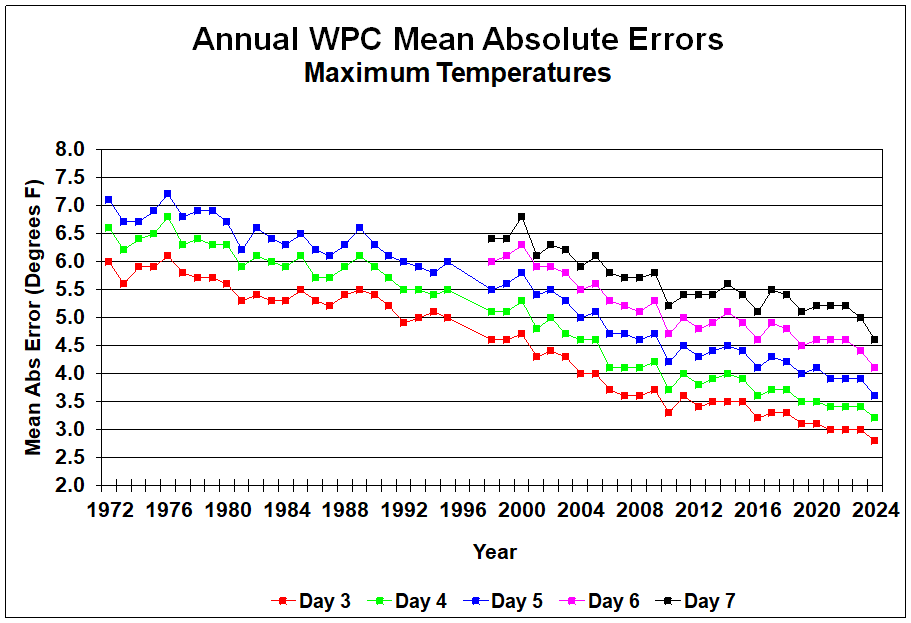

The link between temperature extremes and global heating is much more direct, said Sjoukje Philip. "As a result, places like the Great Lakes region which remain cold enough for snow, can expect our warming climate to bring more severe snowstorms."īut while snowfall may have grown more intense in parts of North and East Asia, North America and Greenland, scientists are still not sure how exactly climate change is affecting winter storms in most places. That additional moisture contributes to heavier precipitation, including snowfall," Peter Girard, an official spokesperson for the US nonprofit Climate Central, said in a statement. "As Earth's climate warms, our atmosphere can hold more moisture - roughly 7% more for every 1-degree of warming.

This includes snow storms like the one that recently pummeled the US and Canada. So while global heating alone cannot cause heavy rain, it can facilitate prime conditions and increase the amount of precipitation. Its influence depends on the weather phenomenon in question and is weighted differently for each event, said German climatologist Friederike Otto from Imperial College in London and a founder of the World Weather Attribution research team.Ĭlimate change plays a big role for some events, said Otto, "but for most others like heavy rainfall or droughts, it is quite often a relatively small factor compared to others." For instance, large-scale deforestation and paving over green areas that would usually absorb heavy rainfall with concrete and tarmac can worsen flooding.Ĭlimate change is a human factor too, of course, but is never the sole trigger of a weather catastrophe. They result from natural factors, as well as human-made ones. Weather catastrophes are never down to just one cause. Does global warming cause flooding and heat waves? "But climate change might, however, have an impact on the probability or extremity of the extreme weather events."ĭetermining climate change's contribution is exactly what Philip, who works with an international research team at the World Weather Attribution initiative, is trying to do by conducting real-time attribution analysis of global weather events as they occur. "Extreme weather has always existed and will always exist," said Sjoukje Philip, a climate researcher at the Royal Netherlands Meteorological Institute. Scientists have been sounding the alarm bells on that for years.īut can we determine how big a factor climate change plays in specific natural disasters? Establishing a direct causal link between rising global average temperature and a single storm, for instance, is difficult and an evolving science. That heating the planet by burning fossil fuels is broadly making extreme weather more frequent and intense is well-established. To view this video please enable JavaScript, and consider upgrading to a web browser that supports HTML5 video


 0 kommentar(er)
0 kommentar(er)
